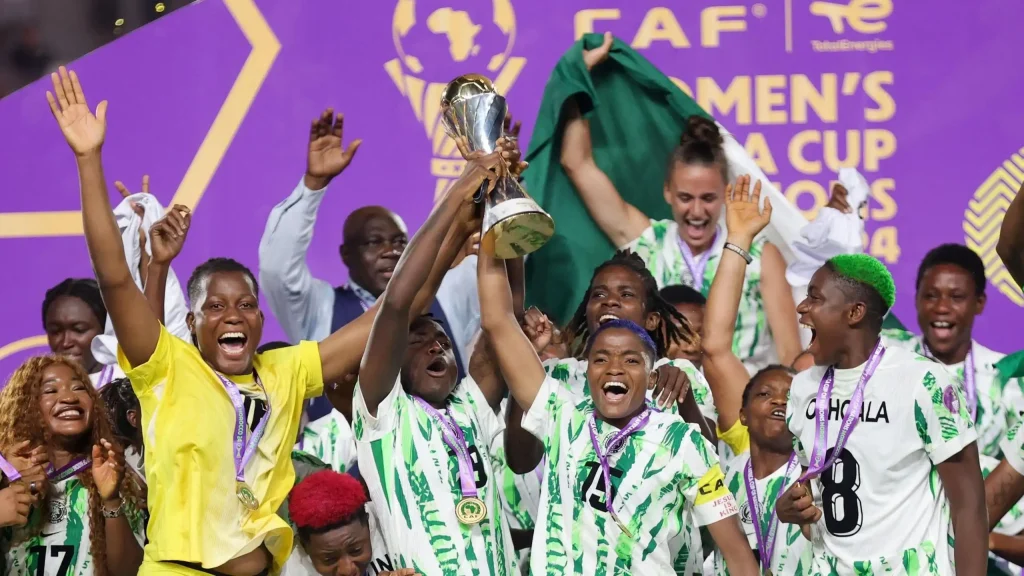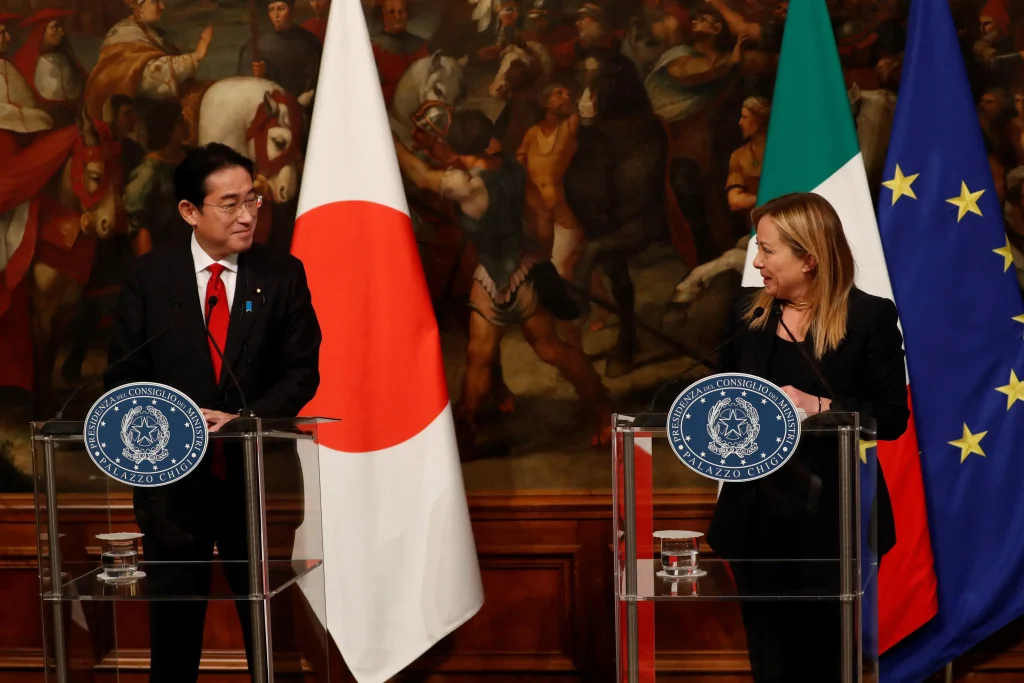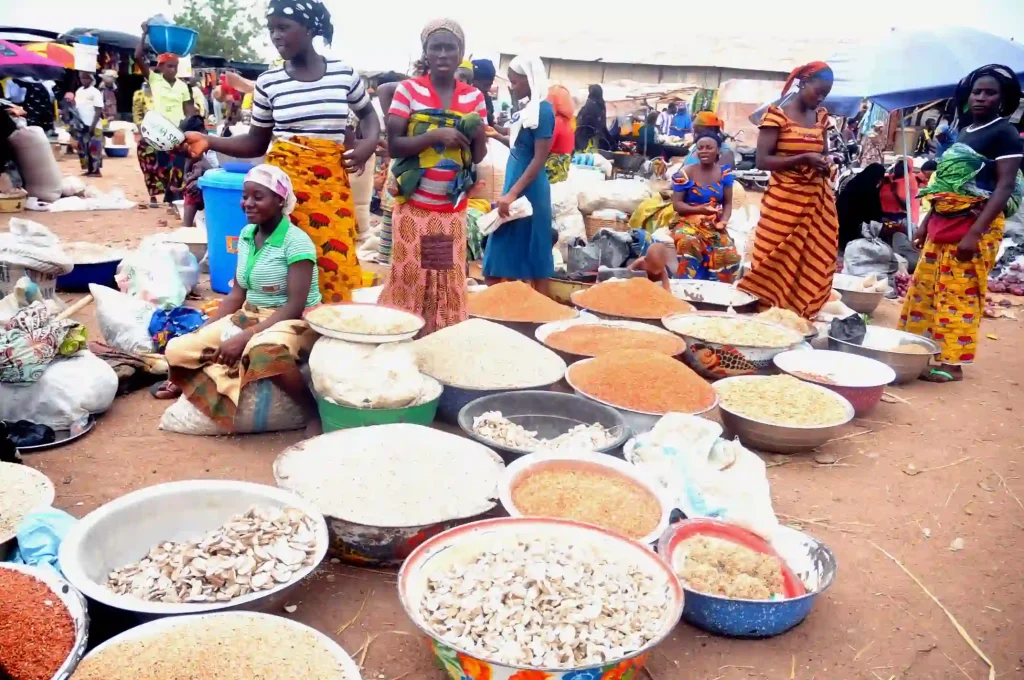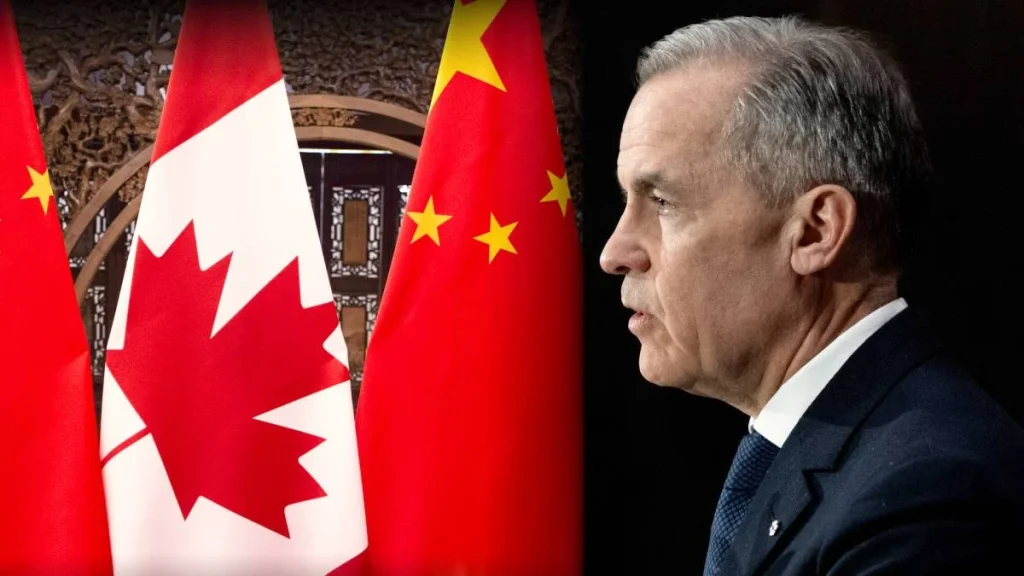A Nigerian court commenced hearings on Monday regarding separate lawsuits filed by opposition parties contesting the ruling party’s victory in the country’s presidential election. The presidential tribunal at the Court of Appeal in Abuja listened to the opening statements from attorneys representing the opposition, which is challenging the results of the February election won by Bola Tinubu of the All Progressives Congress (APC).
As the proceedings began, armed security personnel blocked major access roads, preventing some journalists and lawyers from entering the court. Protests erupted outside, with demonstrators waving Nigerian flags and holding placards that criticized the electoral process as flawed. “I am demonstrating because of the anger and pain I feel as a Nigerian who is not allowed to enjoy the resources of the land,” said protester James Mike, accusing the political elite of exploiting the country’s wealth from its abundant mineral and oil resources.
The election commission had declared Tinubu the winner, stating he received 37% of the votes. However, the two main opposition candidates, Atiku Abubakar of the Peoples Democratic Party and Peter Obi of the Labour Party, rejected the results, questioning Tinubu’s qualifications and alleging that the results from approximately 177,000 polling stations were manipulated.
While analysts noted that the voting on February 25 represented an improvement over previous elections, they also indicated that delays in the result upload process could have allowed for tampering.
In their petitions, both Abubakar and Obi argued that Nigeria’s electoral commission violated legal protocols when announcing the results. Obi claimed to have evidence indicating he received the majority of votes, while Abubakar requested the court to disqualify Tinubu, alleging that he holds a Guinean passport, which would render him ineligible under Nigerian law.
“We are telling the court that he (Tinubu) is not qualified and, contrary to the law, he did not inform the election commission of his citizenship in another country,” stated Paul Ibe, a spokesperson for Abubakar.
Under Nigerian law, an election result can only be overturned if it is proven that the electoral body significantly failed to adhere to legal standards, potentially altering the outcome. Historically, the Supreme Court of Nigeria has never overturned presidential election results. However, analysts believe this year’s election is unique due to the extensive use of technology in the electoral process.
The main opposition party has alleged, without providing evidence, that the ruling party is attempting to interfere with the court process, adding to the tensions as the nation awaits the court’s decision while preparing for Tinubu’s inauguration as president. Legal challenges in Nigeria often involve lengthy procedures and are anticipated to extend for months beyond May 29, the date Tinubu is scheduled to succeed outgoing President Muhammadu Buhari.























